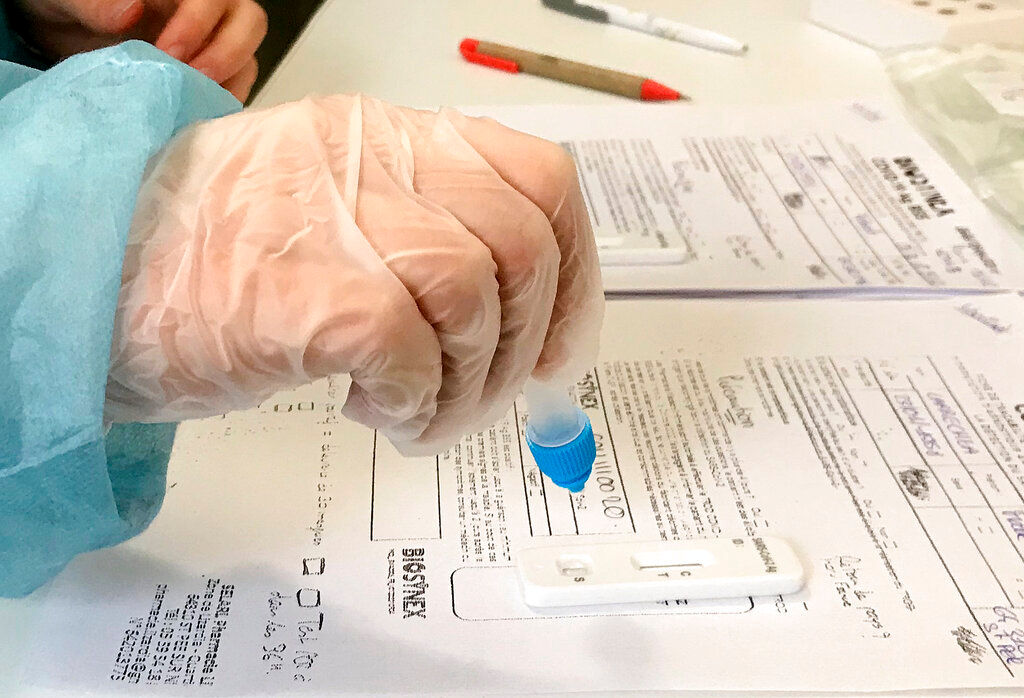Serum Institute of India CEO, Adar Poonawalla, on Tuesday said the company has decided to reduce the production of the Covid-19 vaccine Covishield as there is no fresh order from the Centre.
“Reducing production by a minimum of 50 percent starting next week as we’ve no further orders from the govt.,” said Poonawalla in an exclusive conversation with Shireen Bhan, editor-in-chief, CNBC-TV18. He, however, said he wants to stay with excess capacity, just in case the government needs an enormous amount of stock. “I hope it never happens,” Poonawalla added, “but I don’t want to be in a scenario where we can’t supply immunizations for the next six months.” He also stated that they may stockpile 20-30 million Sputnik light vaccination doses and that they will not “take too many risks.”
Also Read | Omicron likely to be ‘not as severe’ as Delta variant: Anthony Fauci
“As soon as we get a licence, we are able to produce at a really high rate,” he said. In response to the emergence of the new Covid version, Omicron, Poonawalla stated that there is no reason to expect that existing vaccinations will not work. “Without enough data, I’m not confident of the rationale underlying the Moderna makers’ remark,” he said. Poonawalla was touching on the remarks made by Moderna Inc. president Stephen Hoge, who said that there’s a risk that current vaccines might not be as effective against Omicron.
Poonawalla further said that he has reviewed orders of 400-500 million doses through Covax and has been involved with various African leaders. Covax was launched last April by Gavi, a global health organisation, the European Commission and France with the aim of distributing Covid-19 vaccines to low- and middle-income countries. Gavi could become a global private-public health partnership, which aims to ensure access to vaccines within the poorest countries.
Also Read | Omicron alert: Top doctors warn India of massive third wave
“The United States has provided massive vaccine gifts,” he said, adding that the current global vaccination supply exceeds what can be absorbed.







